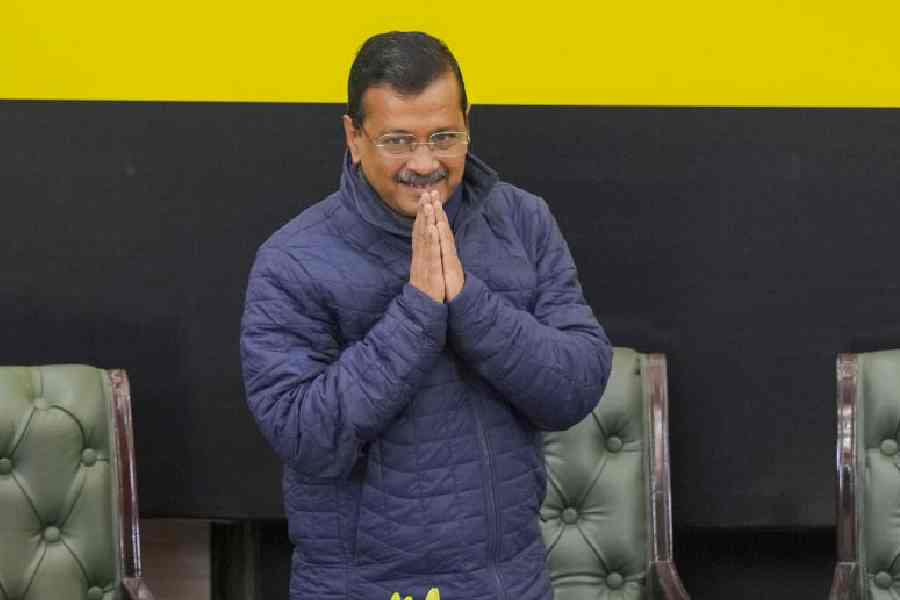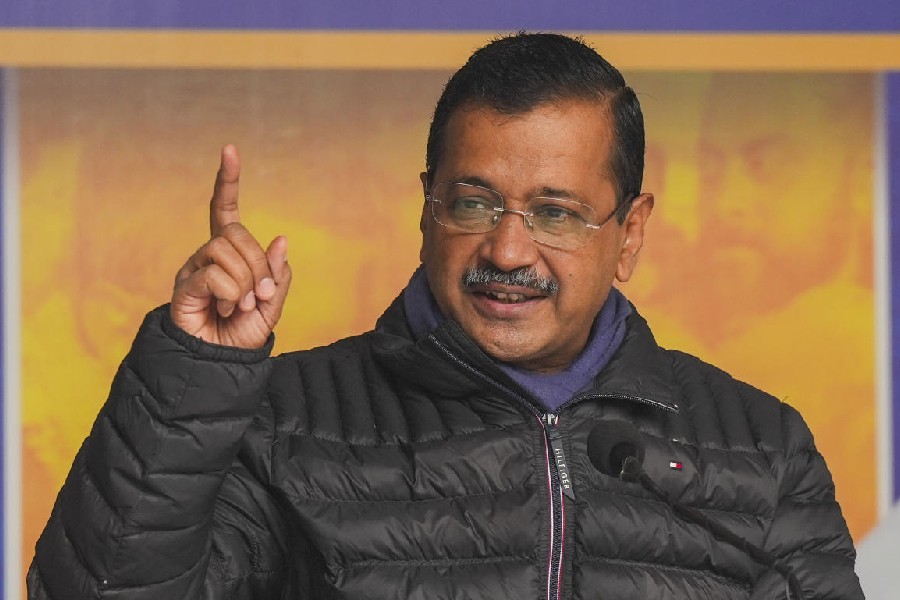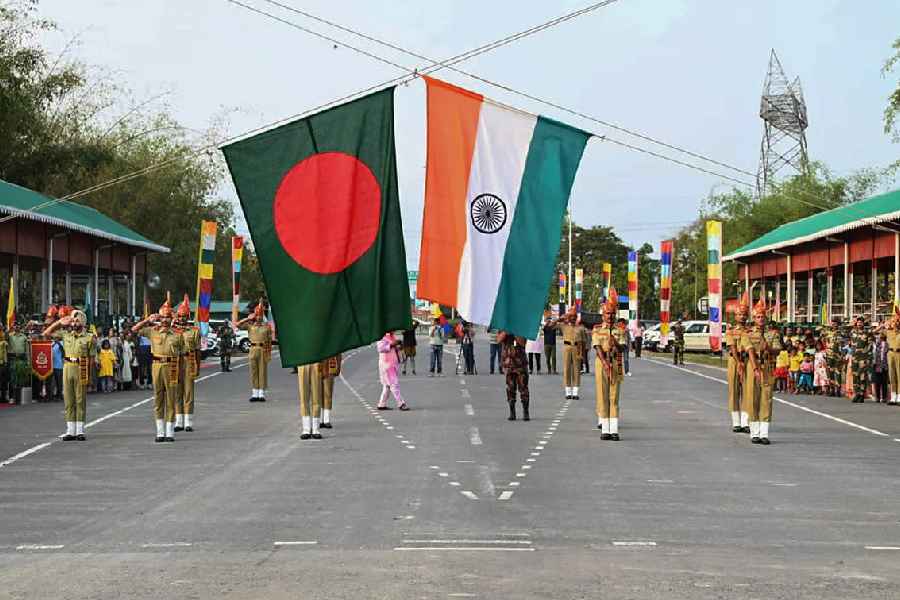Delhi, with a massive political imprint given its prestige as the nation’s capital city, will be up for grabs in February. The Election Commission of India has announced February 5 as the date for Delhi’s assembly election; the results will be declared three days later. Among the principal contestants, the stakes would be the highest for the Aam Aadmi Party and the Bharatiya Janata Party. Delhi has been the political crib of the AAP that has gone to spread wings in other parts of India buoyed by its spectacular triumphs in the national capital in 2015 and 2020. The AAP would be hoping to replicate its success by combining its politics of welfarism — the Mukhyamantri Mahila Samman Yojana and Sanjeevani Yojana are cases in point — with its image of a party that prioritises governance, transparency and accountability. But the going is tough for the AAP on this occasion. Apart from anti-incumbency, the jail terms for its top leadership along with the BJP’s targeting of Arvind Kejriwal’s apparently opulent lifestyle may have taken some of the sheen off the AAP’s claim of being a poor man’s party. Delhi would weigh heavily on the minds of the BJP, too, given its inability to win it in decades. The prime minister’s charismatic appeal, the party’s organisational strength along with the embedded imprint of the saffron ecosystem in and around Delhi make the BJP a formidable challenger. Its only weakness appears to be the absence of a local face to match Mr Kejriwal’s stature. The Congress, which won Delhi thrice in a row not too long ago, is the third horse in the race. But it remains to be seen whether its desire to make a mark would compensate for its traditional weaknesses of organisational ineptitude, infighting, and insipid leadership.
There is a political side to polls. Then there is a civic dimension. Delhi’s population would undoubtedly be interested in this aspect too, given its impact on their daily lives. Poisonous air, crumbling infrastructure, rising concern with crime and road conditions are some of the issues that would undoubtedly be on the mind of the electorate. Additionally, Delhi faces a peculiar kind of administrative entanglement: the acrimonious ties between the elected state government, especially if it is a party from the Opposition, and a Centrally-appointed lieutenant-governor have been a source of impediment when it comes to the seamless execution of policy. The electorate’s take on these issues could determine which way the poll winds blow.











